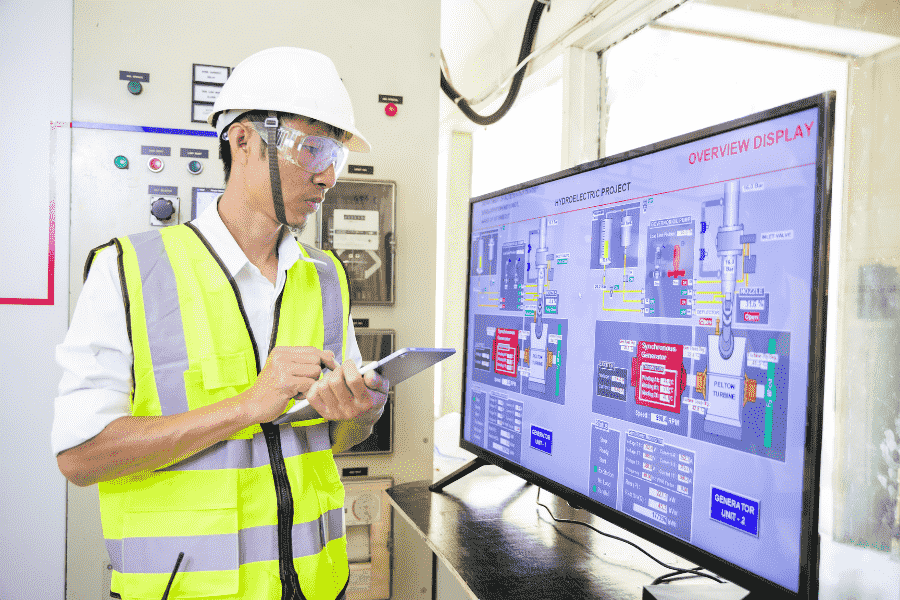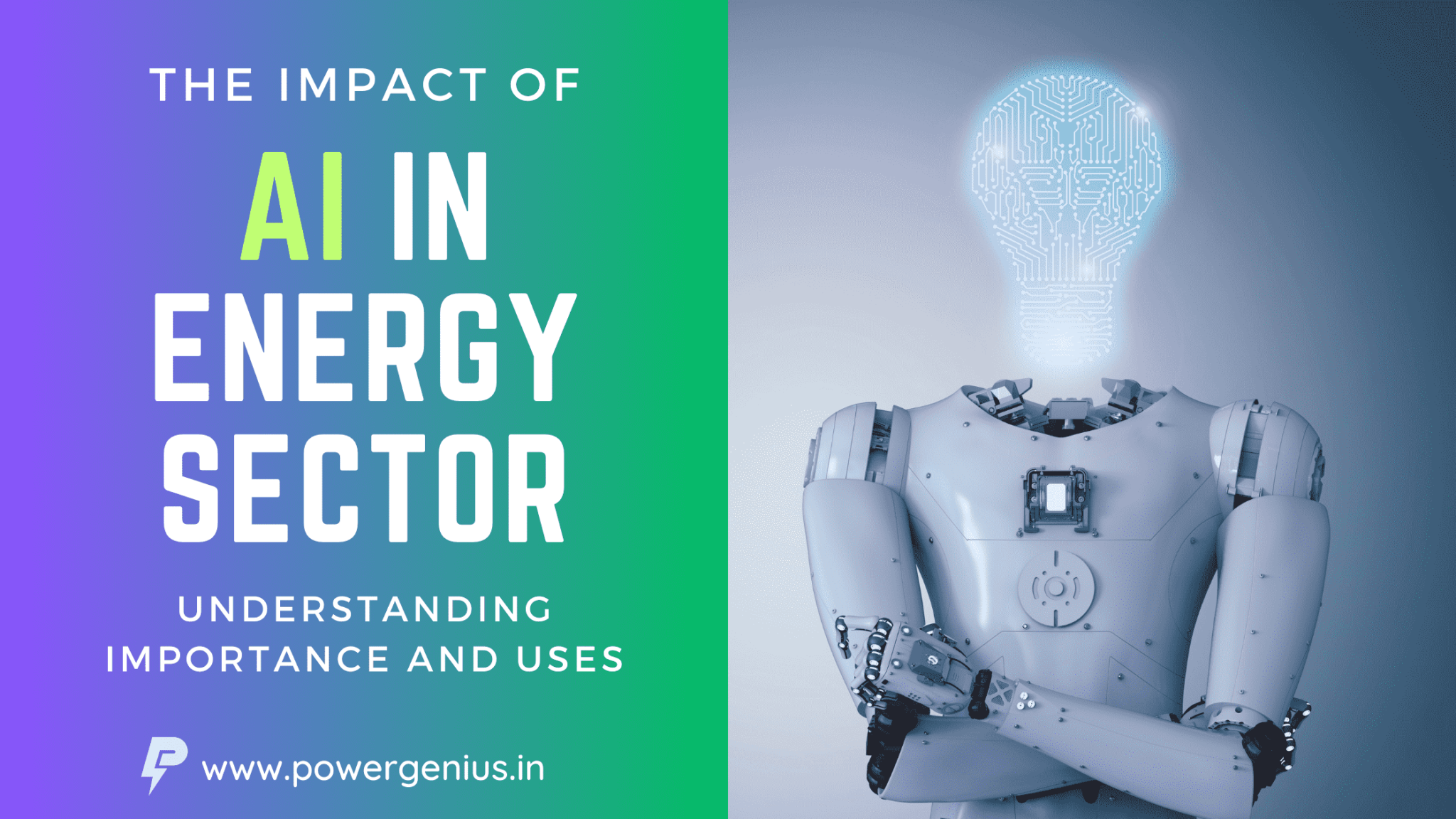Artificial Intelligence (AI) has emerged as a transformative force across various industries, including the energy sector. Its ability to analyze vast amounts of data, make informed decisions, and automate complex tasks is revolutionizing the field. In this article, we will delve into the profound impact of AI in energy sector, exploring how it enhances power systems, optimizes energy efficiency, enables intelligent asset management, drives advancements in robotics and automation, and discuss future possibilities and challenges. Join us on this exciting journey as we unravel the power of AI in shaping the future of electrical engineering.
Why AI Implementation is Crucial in Energy Sector?
The implementation of AI in the energy sector holds significant importance. AI brings numerous benefits that address the challenges faced by the industry and drive advancements.
Firstly, AI enhances safety within the energy sector by leveraging advanced algorithms and real-time data analysis. AI systems can identify risks, detect abnormalities, and respond promptly to emergencies. For example, predictive maintenance powered by AI can identify equipment faults before they lead to hazardous situations, ensuring proactive interventions. Additionally, AI-enabled systems can remotely monitor and control operations, reducing the need for human presence in dangerous environments and safeguarding workers.
Secondly, AI improves operational efficiency in the energy sector. By analyzing vast amounts of data, AI algorithms can predict accurate energy demand for different regions and optimize energy generation, transmission, and distribution accordingly. Real-time monitoring and control enables energy providers to respond quickly to fluctuations in demand and supply. This optimization minimizes energy wastage, reduces costs, and enhances overall efficiency. AI-powered analytics also identify patterns and trends, providing valuable insights for resource planning, load forecasting, and energy management.
Enhancing Power Systems with AI
AI is transforming power systems by introducing advanced monitoring and control capabilities. Smart grids equipped with AI algorithms enable real-time monitoring, analysis, and optimization of power distribution networks. These systems leverage high-accuracy sensors and sophisticated analytics to detect & precisely faults, predict load demand, and optimize energy distribution. The integration of AI in power systems enhances grid stability, reduces downtime, and enables proactive maintenance.
Optimizing Energy Efficiency
In the pursuit of sustainable energy practices, AI plays a vital role in optimizing energy consumption. AI-powered algorithms analyze energy usage patterns, identify areas of wastage, and recommend energy-saving measures. Machine learning techniques can analyze historical data to predict energy demands and adjust power generation accordingly. By optimizing energy efficiency, AI helps reduce carbon footprints, lower operating costs, and foster sustainable practices.
Intelligent Asset Management

AI enables intelligent asset management, revolutionizing maintenance practices in electrical engineering. Predictive maintenance algorithms leverage AI to anticipate equipment failures and schedule maintenance activities proactively. By monitoring asset data and analyzing performance patterns, AI detects abnormalities, identifies potential risks, and triggers timely maintenance interventions. This predictive approach minimizes downtime, extends equipment lifespan, and improves overall system reliability.
Advancements in Robotics and Automation
AI-driven robotics and automation are reshaping the landscape of electrical engineering. Robots equipped with AI algorithms perform complex tasks, such as inspection & maintenance works with precision and efficiency, eliminating human errors & safety risks. AI-enabled automation systems streamline manufacturing processes, optimize workflows, and enhance productivity. By reducing human intervention in hazardous environments, AI ensures safer operations in electrical engineering.
Future Possibilities and Challenges
The integration of AI opens up endless possibilities in electrical engineering. Intelligent energy storage systems, self-healing grids, and autonomous systems are just a glimpse of what the future holds. However, embracing AI also comes with challenges. Ensuring data privacy, algorithm transparency, and addressing ethical considerations are crucial for responsible AI implementation. Balancing innovation with ethical and societal concerns will pave the way for a sustainable and beneficial AI-powered future.
Conclusion
The use of artificial intelligence in electrical engineering has a profound and far-reaching impact, revolutionizing the industry by optimizing energy efficiency and enhancing power systems. The capabilities of AI present new possibilities for electrical engineers to improve operational efficiency and shape a sustainable energy future. While challenges persist, responsible adoption of AI can enable us to navigate these obstacles and harness its potential for the betterment of both electrical engineering and society.


1 thought on “Impact of AI in Energy Sector : Revolutionizing Electrical Engineering”